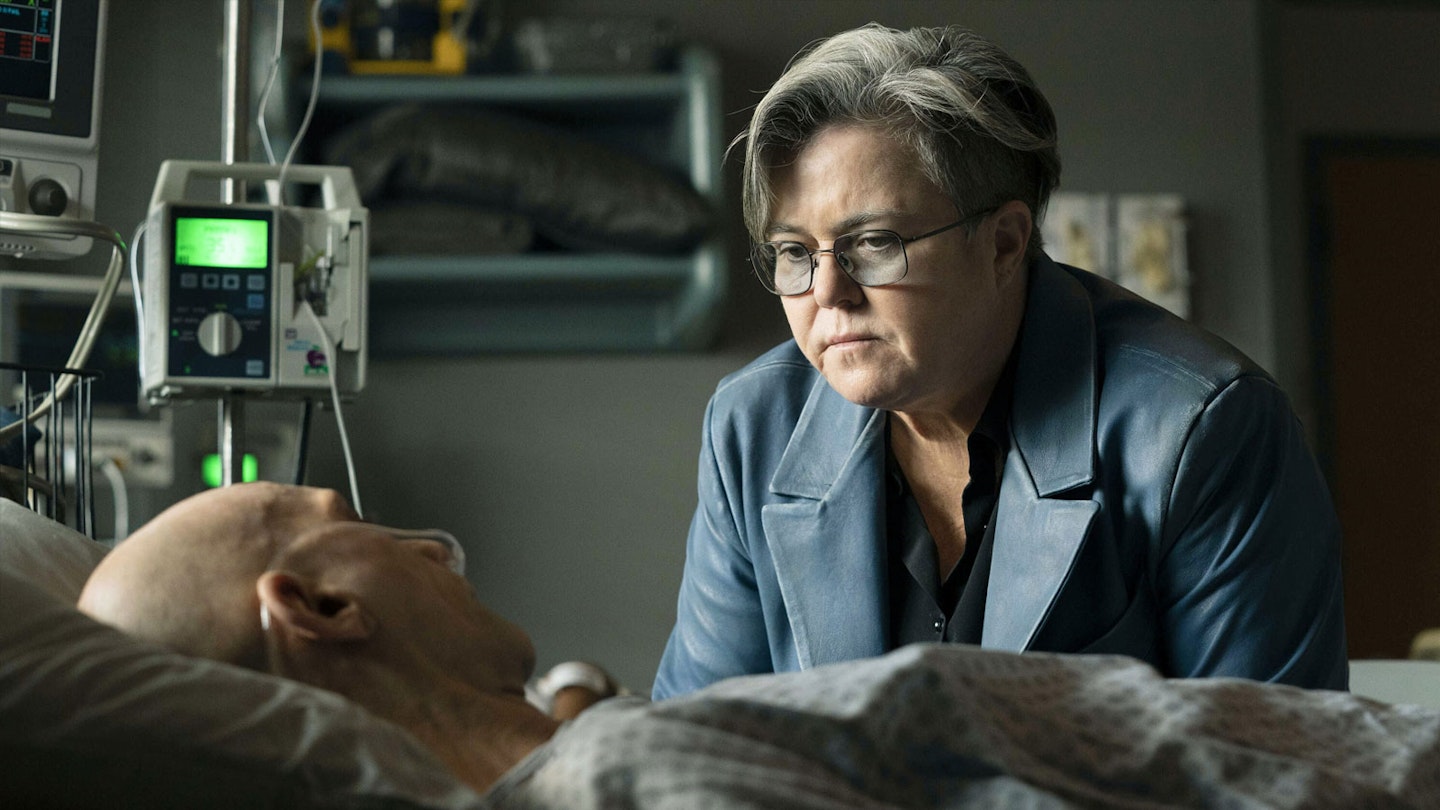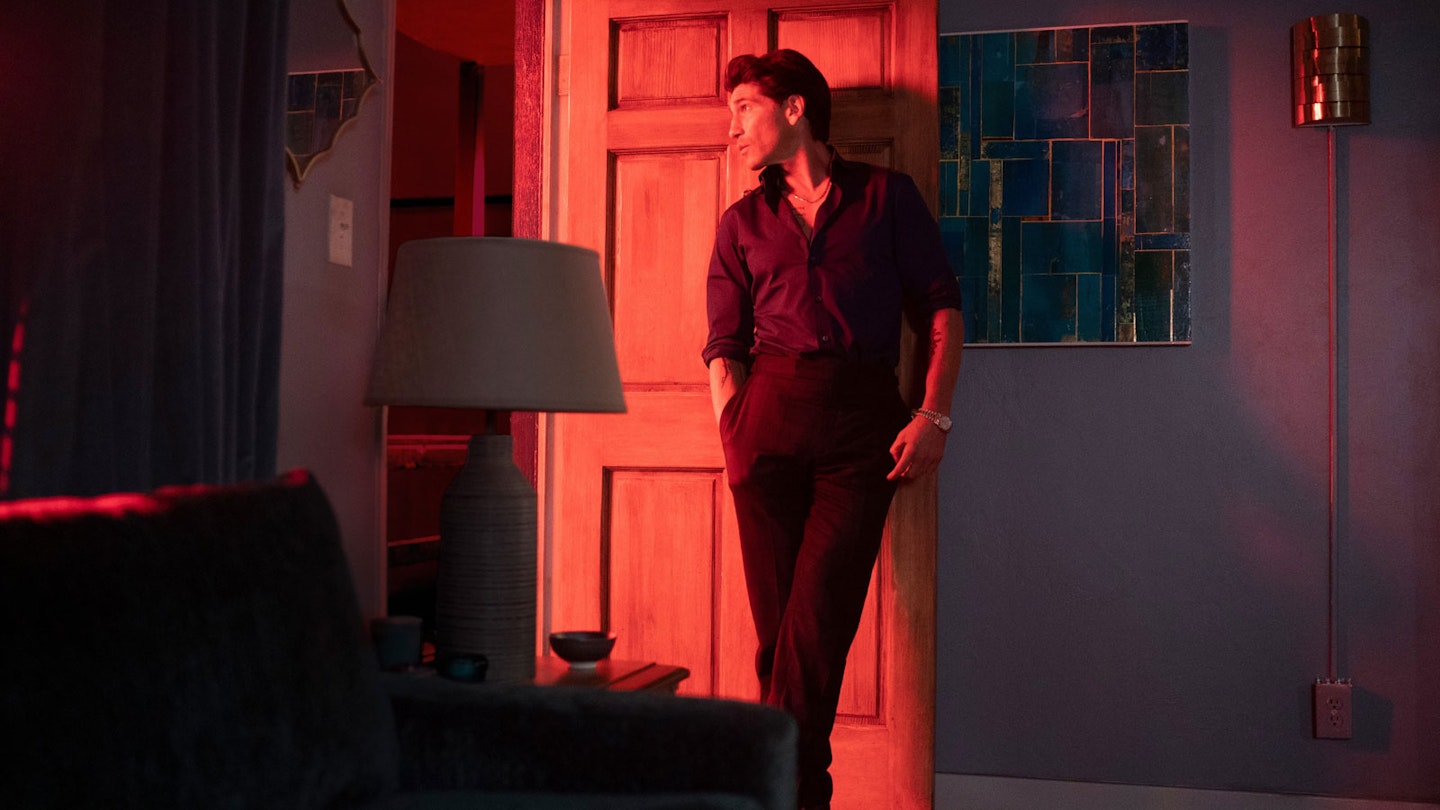Streaming on: Paramount+
Episodes viewed: 3 of 8
Stepping into the shoes of an iconic film is no easy feat. It’s a challenge that executive producer Nikki Toscano (taking over the reins from series creator David Hollander, who stepped away due to a misconduct investigation) undertakes in this modern adaptation of Paul Schrader’s 1980 neo-noir crime thriller of the same name. The original film made Richard Gere a star, breaking ground for its glamour, nuance and male nudity. Can that success be replicated? This re-imagining may have stripped back the nostalgia for a present-day setting, but the connections to Schrader’s film are still respected: there is the familiar plotting, the ‘80s-esque gloss, even the sheen of Blondie’s signature anthem ‘Call Me’.

The small-screen version leans heavier on the true crime element, paving the way for a darker and seedier examination of Los Angeles's underbelly, where sex is the currency for a cycle of exploitation, manipulation and abuse. To the show’s credit, it doesn’t sanitise its explicit nature — but it never quite capitalises its position enough to make an effective statement on the industry. There are complex relationships at play, including Gretchen Mol’s Michelle Stratton, Julian’s ex-girlfriend. But only Rosie O’Donnell’s Detective Sunday — investigating Julian’s false imprisonment with some cold, blunt exposition — offers any unexpected levity from the overall darkness.
As the leading man, Bernthal is magical, acting in a league of his own.
As the leading man, Jon Bernthal is magical, acting in a league of his own. His anti-hero Julian is a departure from Gere’s suave and sophisticated interpretation; the stylish, charismatic and immaculate lifestyle remains, but this Julian is much more conflicted, vulnerable and rough around the edges. In a conversation with his friend Lorenzo (Wayne Brady), he compares his escort attire to a costume, which evokes an inescapable Clark Kent/Superman analogy: masking a competing, dual identity with the growing pressure to slip back into his old ways. With his mask on, Julian exudes confidence, knowing exactly what makes women tick and how to satisfy them. Without it, his superpower is ineffective, and that constant tension keeps American Gigolo mostly compelling.
But that satisfaction only goes so far. Toscano’s creative team may have the keys to the sandbox, but it also means a meandering and muddled start to its overarching mystery. Where Schrader’s film was streamlined and straightforward, the series overcomplicates its story, introducing filler subplots and an endless stream of flashbacks. A lot happens, and in patiently waiting for that ‘mic drop’ revelation, that audience hook doesn’t occur until the end of episode three. The result is an uneven show that hasn’t — yet — found its stride or purpose.
